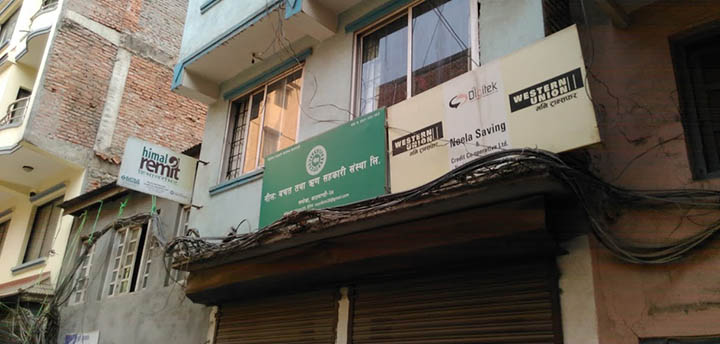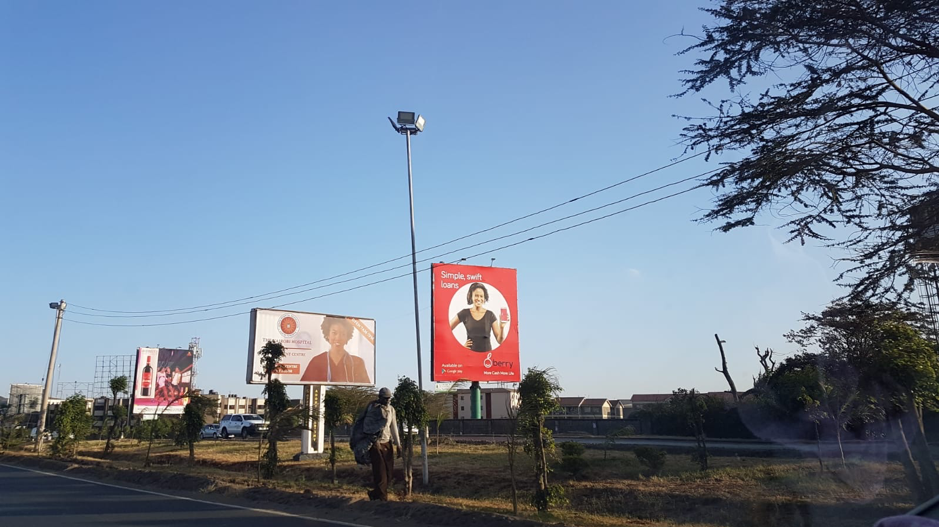
© Rahel Kunz
The Financialisation of Remittances
Projet FNS 2017-2020
Dr. Rahel Kunz
Over the last two decades, governments, international organisations, NGOs, civil society and private actors have become interested in remittances as a key source for funding development and have started to create institutions, policies and projects to harness their potential. More recently, remittances have become integrated in the global financial inclusion agenda, which promotes access to financial education and services for low-income populations as a strategy for poverty reduction, development and women’s empowerment. Various international organisations and initiatives encourage migrant workers to transfer their money via more ‘formal’ channels using financial services such as mobile banking and to invest remittances in productive ways. This ‘financialisation of remittances’ links remittances to financial literacy and financial services and innovation initiatives to increase the efficient use of remittances.
Most studies analysing the ‘financialisation of remittances’ focus at the macro-level and describe it either as a panacea for development or as a new site of capitalist exploitation and neoliberalisation. There is a lack of critical in-depth studies that analyse the concrete institutional, material and discursive elements of this phenomenon in the global South. Through three case studies from Kenya, Mexico and Nepal, this project scrutinises the socio-cultural manifestations of this phenomenon in specific contexts. We ask:
- What are the conditions of possibility and defining characteristics of the ‘financialisation of remittances’ phenomenon?
- How do sociocultural dynamics shape the ways in which the ‘financialisation of remittances’ translates and plays out in particular contexts?
This project combines Foucauldian, feminist and everyday cultural political economy perspectives to develop a reconceptualisation of the financialisation of remittances. It uses an innovative multi-method, multi-site approach to address the research questions. Financial inclusion and the link to remittances is currently a hot topic in the international development community, illustrated by recent activities of the G20 and the World Bank. Beyond its scientific objectives, the project aims to provide a basis for reflection and policy recommendations regarding potential successes and failures of the linking of remittances to social inclusion and financialisation initiatives more generally.
Rahel Kunz (main applicant and project manager)
Rahel Kunz is a senior lecturer at the Institute of Political, Historical and International Studies of the University of Lausanne, Switzerland. Her research interests are feminist international relations, gender issues in migration and development, gender and security sector reform, and feminist, poststructuralist and postcolonial theories. She has in-depth research experience on the topic of migration and remittances, fieldwork experience in several countries (Liberia, Mexico, Nepal), and competence in (interdisciplinary) project management. Rahel Kunz has published in International Political Sociology, the Journal of European Integration, Migration Studies, Politics & Gender, the Review of International Political Economy and Third World Quarterly. She is the author of The Political Economy of Global Remittances: Gender, Governmentality and Neoliberalism (Routledge 2011) and co-edited Multilayered Migration Governance: The Promise of Partnership (Routledge, 2011) with S. Lavenex and M. Panizzon. Her most recent publication on this topic is a chapter on ‘Remittances in the Global Political Economy’, in the Handbook on the International Political Economy of Gender (Edward Elgar, edited by J. Elias and A. Roberts).
Julia Maisenbacher (FNS senior researcher and co-manager)
Julia Maisenbacher is a post-doc researcher in the project. She holds a PhD from the University of Lucerne: “The Marketisation of Corporate Control in the EU Periphery. The Transformative Power of Foreign Direct Investment” (2017). Her main research interests are gender and labour relations, the transnational dimension of EU competition policy and the marketisation of corporate control in peripheral and emerging countries. She has recently published “Transnational Capital Unbound? A Critical Institutionalist Perspective on the Marketisation of Corporate Control in Serbia and Turkey” (2018, online first) in Competition and Change.
Lekh Nath Paudel (FNS junior researcher)
Lekh Nath Paudel works on this project as a SNSF Doctoral student. He holds two Master degrees in International Security and Political Science. Before joining the project, he was working as a faculty member at Master Program in International Relations and Diplomacy (MIRD), Tribhuvan University, Kathmandu. He has in-depth research experience as a participant in a number of projects such as Security Sector Reform: A Step Stone Project, a joint effort of DCAF and Constitutional Assembly-1 of Nepal for security sector reform in Nepal, the Small Arms Survey research project Small Arms Smuggling Routes in Nepal (2014), the UNIL project on the Political Economy of Remittances in Nepal and beyond (2016). He also has contributed columns in various national dailies and magazines in Nepal.
February - April 2019, Field work in Kenya, Mexico and Nepal
From February until April 2019 all team members conducted field work. We went to Kenya, Mexico and Nepal.

Advertisement for digital loans in Nairobi (photo credits: Julia Maisenbacher 2019)
August 20-23, 14th Conference of the European Sociological Studies Association, Manchester
Julia Maisenbacher presented a paper entitled “Finance for all, but what for ? A historical materialist analysis of the financial inclusion of migrant workers in Kenya”.
September 2019, workshop in Weggis
In September 2019, our team organised a twodays author workshop in Weggis. Researchers and policymakers came together to discuss the financial inclusion of migrants and to plan a special issue publication.

Yannick Perticone, Roseline Misati, Lekh Nath Paudel, Gisela Zapata, Rahel Kunz, Julia Maisenbacher, Vincent Guermond, Araby Smyth, Brenda Ramìrez
